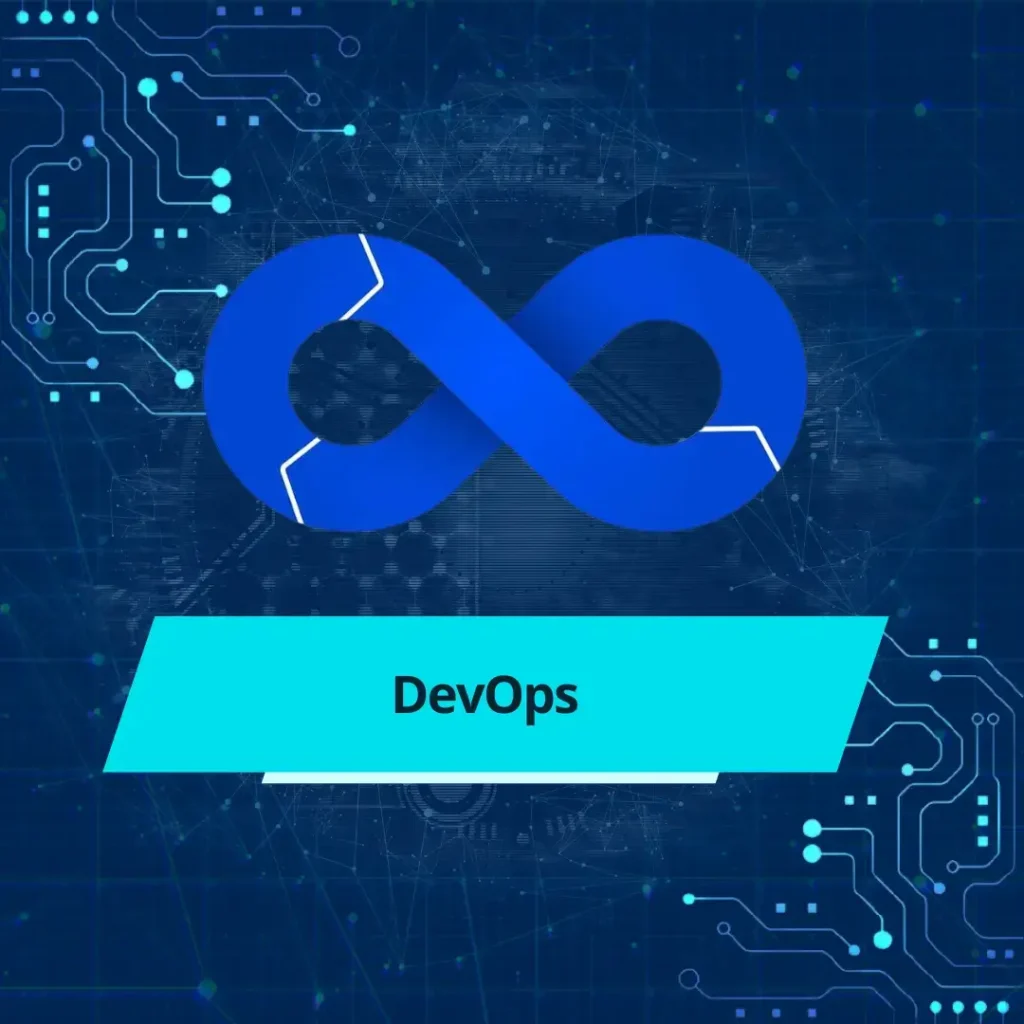DevOps
- Home
- Courses
- DevOps
Introduction to DevOps
DevOps is an evolving practice that bridges the gap between software development and IT operations. Our DevOps course module is designed to provide a thorough understanding of the core principles, practices, and tools that are essential for mastering DevOps.
Duration - 6 Months

- Definition and importance of DevOps
- History and evolution of DevOps
- DevOps culture and practices
- Benefits of adopting DevOps
- Continuous integration and continuous delivery (CI/CD)
- Automation and orchestration
- Monitoring and logging
- Collaboration and communication
- Installing and configuring Git
- Basic Git commands and workflows
- Branching, merging, and resolving conflicts
- Using Git for version control
- Working with remote repositories
- Pull requests and code reviews
- Git workflows (Git Flow, GitHub Flow)
- Principles of continuous integration
- Benefits of CI in software development
- Setting up a CI server
- Installing and configuring Jenkins
- Creating and managing Jenkins jobs
- Integrating Jenkins with version control systems
- Setting up Jenkins pipelines
- Overview of other CI tools (Travis CI, CircleCI, GitLab CI)
- Basic configuration and usage
- Principles of continuous delivery and deployment
- Benefits of CD in software development
- Creating and managing delivery pipelines
- Deploying applications with Jenkins
- Introduction to containerization
- Installing and configuring Docker
- Creating and managing Docker containers
- Docker Compose for multi-container applications
- Introduction to container orchestration
- Setting up a Kubernetes cluster
- Deploying and managing applications with Kubernetes
- Principles and benefits of configuration management
- Infrastructure as Code (IaC) concepts
- Installing and configuring Ansible
- Creating and managing Ansible playbooks
- Managing infrastructure with Ansible
- Importance of security in the DevOps lifecycle
- Principles of DevSecOps
- ble
- Static application security testing (SAST)
- Dynamic application security testing (DAST)
- Container security best practices
- Agile principles and practices
- Scrum framework and ceremonies
- Using Jira for issue tracking and project management
- Using Confluence for documentation and collaboration
- Communication tools (Slack, Microsoft Teams)
- Designing and implementing a complete CI/CD pipeline
- Automating infrastructure provisioning with IaC tools
- Monitoring and logging application performance
- Ensuring security and compliance throughout the DevOps lifecycle
